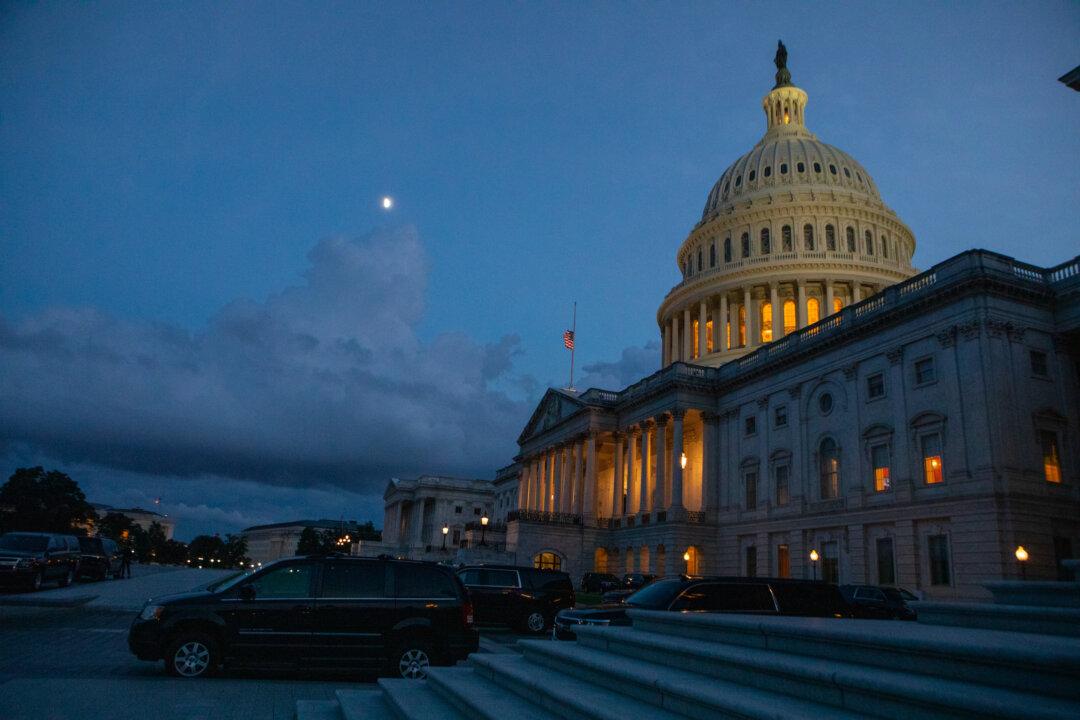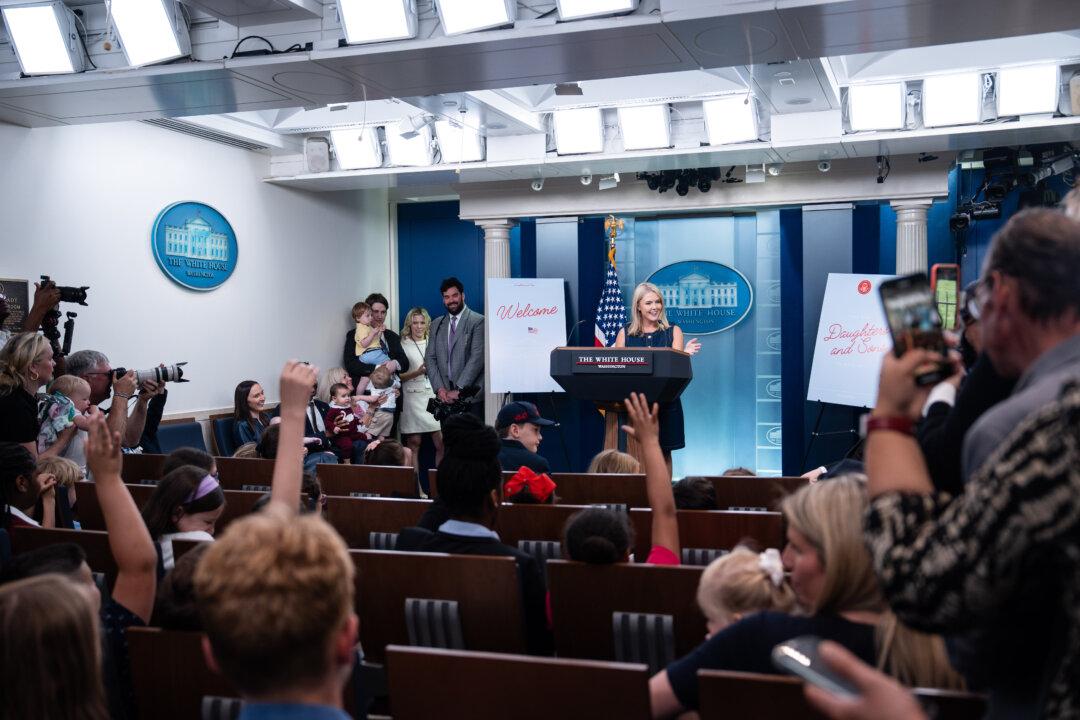Parents must have a say in their children’s upbringing, witnesses testified before the House Committee on Education on Feb. 9 in Congress, and teachers’ unions must be held accountable for rejecting transparency and teaching students gender ideology.
“Unfortunately, too many forces within the education system insist on prioritizing the promotion of ideologies over academic instruction,” Virginia Gentles, director of the Independent Women’s Forum’s Education Freedom Center (EFC), told the hearing.





